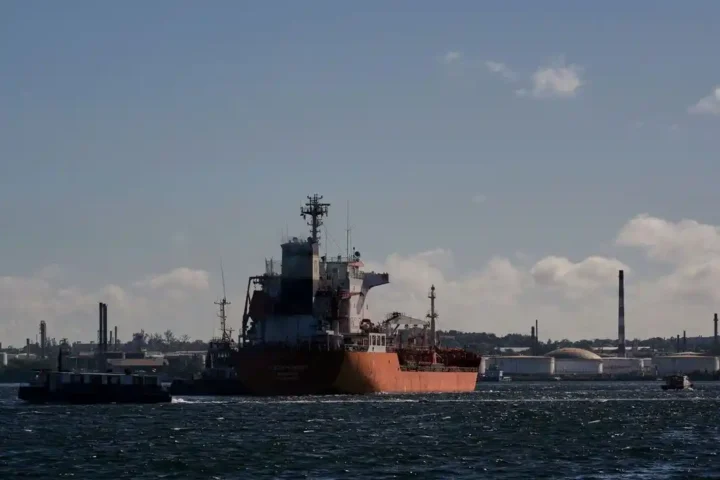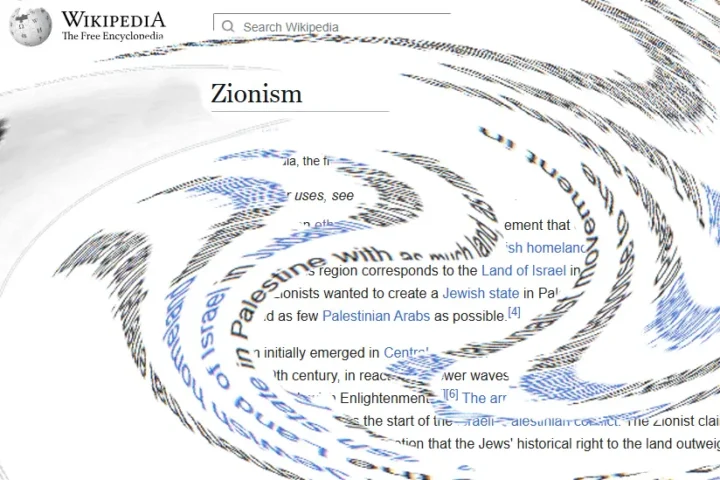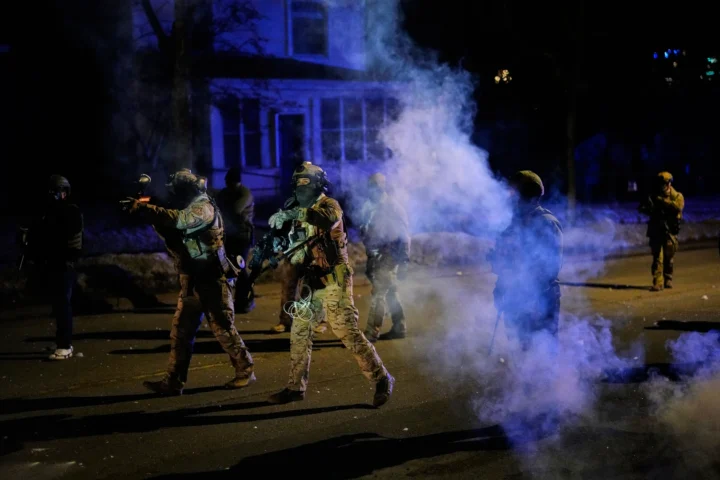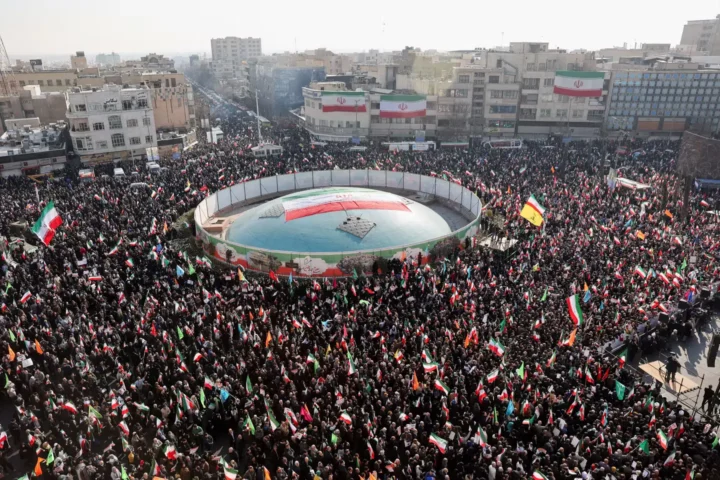In a significant escalation of the ongoing conflict between Israel and Iran, Iran launched a ballistic missile attack on Israel yesterday, signaling a dramatic intensification of hostilities in the Middle East. This assault followed Israel’s recent assassination of Hezbollah’s secretary-general, Hassan Nasrallah, a move that has further heightened tensions. Israel has vowed to retaliate, with potential strikes on Tehran, yet the most active battleground remains the Israeli-Lebanese border, where Israeli troops have launched an invasion into southern Lebanon.
Iran’s missile strike is seen as a direct response to Nasrallah’s killing, given the close ties between Tehran and Hezbollah. The invasion of southern Lebanon, although officially described by Israel as a short-term ground operation, marks a significant escalation of its ongoing struggle with Hezbollah. The conflict’s interwoven fronts—in Lebanon and across the broader region—threaten not only the security of Lebanon but also Israel’s long-term stability.
Hezbollah, despite facing severe losses over the past two weeks, remains defiant. Israel’s hybrid warfare has resulted in the destruction of key Hezbollah military sites and the elimination of top commanders, including Nasrallah. This represents the most intense assault Hezbollah has faced in such a compressed time frame. While Israel insists it is targeting Hezbollah and not the Lebanese people, its actions risk pushing Lebanon further into instability.
Lebanon is already teetering on the edge. The country’s sectarian power-sharing political system has long made it vulnerable to internal conflict. Nasrallah’s assassination has raised fears of renewed sectarian violence, as the Lebanese political elite tread cautiously to avoid triggering clashes. However, Israel’s ground invasion has, in the short term, united the Lebanese population in anger against a common enemy—Israel. The visceral impact of foreign troops entering Lebanese soil evokes painful memories of past conflicts, particularly the 2006 war between Israel and Hezbollah.
While Israel’s stated objective may be to weaken Hezbollah, it is inadvertently eroding the morale of the broader Lebanese population. Even Hezbollah’s most vocal opponents in Lebanon reject the notion that Israel is “liberating” them from Hezbollah’s grip. Instead, the invasion is perceived as a violation of Lebanon’s sovereignty, generating deep resentment among a populace already suffering from economic hardship and political dysfunction.
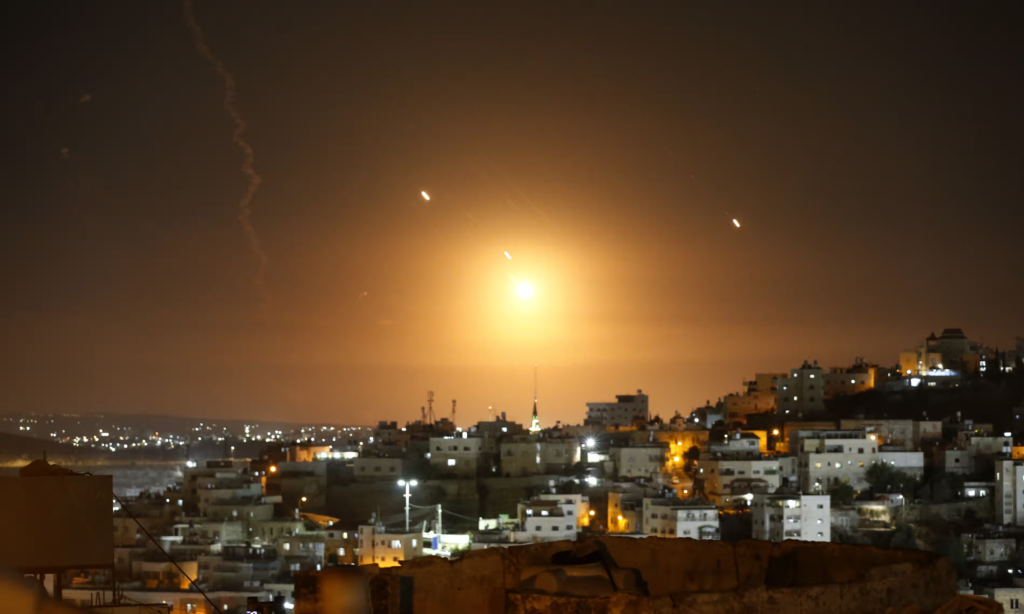
The potential long-term effects of Israel’s ground campaign are ominous. Historical precedents, such as the Israeli invasions of 1982 and 2006, show how foreign intervention can exacerbate sectarian tensions in Lebanon. The 1982 invasion aggravated Lebanon’s civil war, while Hezbollah’s perceived victory in 2006 allowed the group to consolidate political power. The current conflict risks reviving similar dynamics, especially as over one million people, mostly from Lebanon’s southern Shia community, have been displaced. These displaced populations are now moving into regions dominated by other sectarian groups, threatening to reignite old divisions.
The humanitarian crisis in Lebanon is rapidly worsening. Civil society organizations are doing their best to provide aid, but the scale of displacement is unprecedented. Lebanon’s bankrupt state is unable to deliver even basic services to its citizens, leaving many vulnerable as winter approaches. If the conflict continues, Lebanon’s already fragile sectarian balance could fracture further, with dire consequences for regional stability.
Meanwhile, Lebanon once again finds itself at the mercy of regional powers. The direct confrontation between Israel and Iran is pulling Lebanon deeper into the conflict. For Iran, Hezbollah represents a crucial element of its defense strategy, making Lebanon a key battleground. As a result, the Lebanese people are caught in the crossfire of a broader struggle that threatens to engulf the entire region.
Lebanon’s stability has always been intertwined with regional developments, and the current crisis is no exception. Economic decline, sectarian strife, and the looming threat of a wider regional war are converging to create a perfect storm. With neither Israel nor Hezbollah showing any willingness to de-escalate, the conflict only grows more dangerous by the day.
While Israel may believe that crushing Hezbollah militarily is the key to securing its northern border, this strategy overlooks the long-term consequences. A weakened Lebanon, plagued by poverty and internal unrest, is unlikely to provide the peace and security Israel seeks. Hezbollah, despite suffering heavy blows, is unlikely to disappear, and the group will continue to use its resistance against Israel to maintain its influence within Lebanon. The intertwined nature of domestic and regional security means that instability in Lebanon will ultimately pose a threat to Israel as well.
As the conflict drags on, it is clear that both Lebanon and the broader region are facing a precarious future. The consequences of this escalation will reverberate far beyond the borders of these two nations, and the prospects for peace seem increasingly remote.


